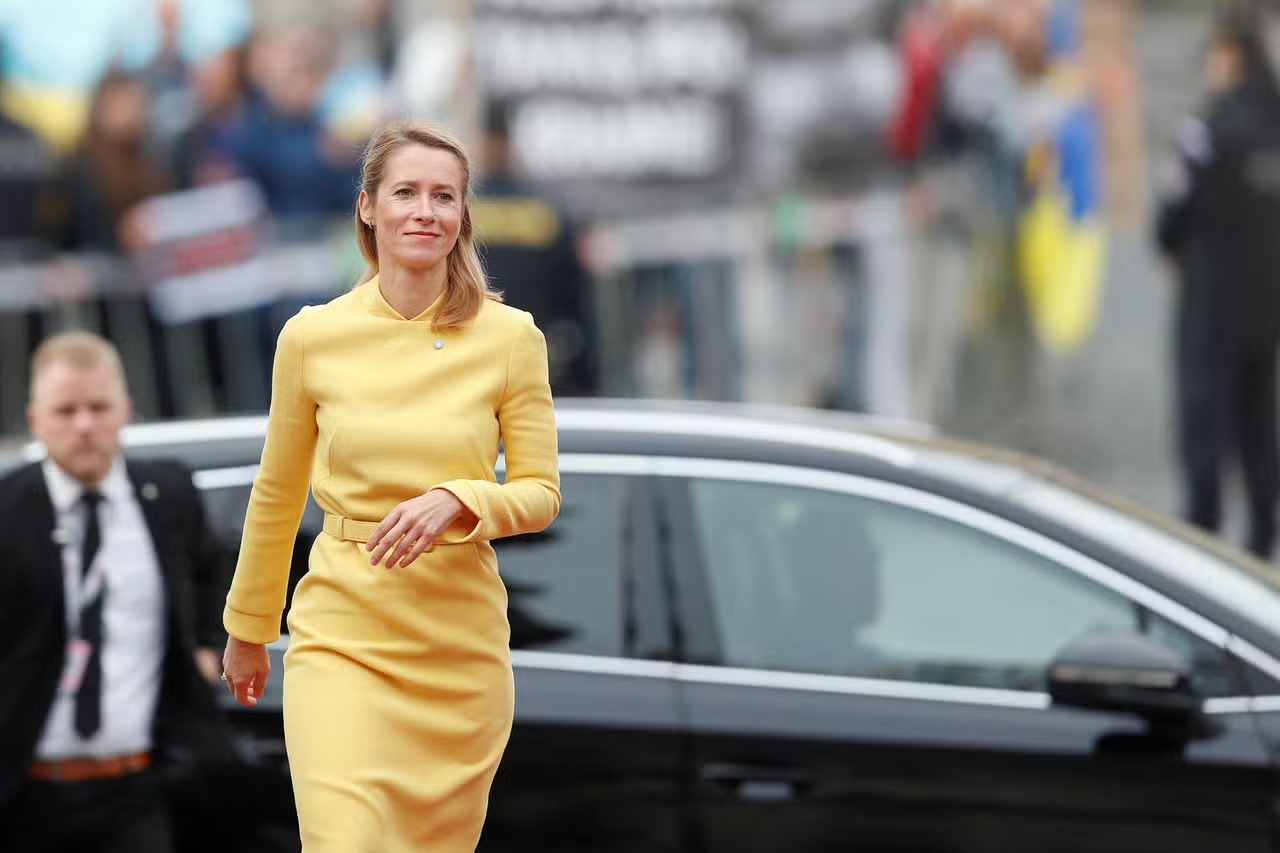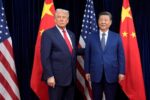While much of the world will be focused on the upcoming U.S. presidential elections and their outcomes, the European Union will be busy with something entirely different: hearings for 26 commissioners, scheduled from November 4 to 12.
Each candidate will face a three-hour questioning session from members of the European Parliament in a committee linked to their portfolios.
The last time this happened, in 2019, three candidates did not pass. Something similar could happen again, potentially leading to additional hearings throughout November.
One figure likely to pass is the expected new EU High Representative for Foreign Affairs, Kaja Kallas. The former Prime Minister of Estonia is considered one of the “stars” of European Commission President Ursula von der Leyen’s new team.
What will be particularly interesting during her hearing on November 12 is whether and how much she will soften her harsh rhetoric towards China and Russia, adapting to her new role, where diplomacy and consensus-building on foreign policy issues are crucial.
Judging from von der Leyen’s mission letter to Kallas, most of the questions will focus on Ukraine.
In the mission letter—a public document outlining what the president expects from a commissioner over the next five years—it states: “We will work closely together to ensure that Europe stands with Ukraine for as long as necessary—economically, politically, and militarily—and supports its territorial integrity.”
Can Kallas offer something new here?
Kyiv is expected to open EU accession negotiation chapters next year, and the EU’s financial support for Ukraine in 2025 has already been secured.
So far, the EU has imposed 14 rounds of sanctions against Russia, but according to diplomats in Brussels, it’s becoming increasingly difficult to convince member states to approve further measures against Moscow.
Therefore, it will be interesting to see if Kallas takes a tougher stance—for example, by preventing sanctions evasion through adding third-country companies or even countries to the EU’s blacklist.
The EU has mechanisms for doing this, but the lists have remained empty thus far.
If approved—and it’s a matter of when, not if—Kallas is likely to introduce a new sanctions regime targeting hybrid threats against the EU.
A new regime addressing Russian subversive actions against the bloc was recently adopted, but Kallas is expected to push forward with a global mechanism.
Many MEPs will surely urge Kallas to include corruption as a sanctionable offense in the EU’s “Magnitsky Act,” which imposes sanctions on human rights violators in Russia.
This is something previous EU foreign policy chiefs have avoided, and those supporting such measures hope it will mean using frozen Russian assets in the EU to pay for Ukraine’s reconstruction.
Both of these moves require unanimity, and it will be Kallas’s task to achieve it.
Like von der Leyen and the European Parliament, Kallas will be encouraged to seek more EU foreign policy decisions by majority vote.
Perhaps the most curious aspect of von der Leyen’s mission letter is that it doesn’t mention the Western Balkans or China. However, MEPs will surely question Kallas on both.
It is likely that Kallas will announce during the hearing that her first trip as commissioner will be to the Western Balkans. Regarding the region, she will certainly be asked how she plans to revive the EU-mediated Pristina-Belgrade dialogue.
Her predecessors, Federica Mogherini and Josep Borrell, made little progress in Kosovo-Serbia relations over the past decade.
Will Kallas adopt a more hands-on approach with regular meetings with the leaders of both countries, or will she delegate the talks to a special representative, as Borrell did?
The EU has recently imposed tariffs on Chinese electric vehicles, and Kallas will likely be asked if she has other sectors in her plans. She will also be under pressure to clarify whether she will take action against China if it continues to support the Kremlin’s war in Ukraine.
Since the hearing takes place just a week after the U.S. elections, questions about future relations with Washington are expected, especially if Donald Trump returns to the White House.
Kallas, according to those who know her, strongly supports transatlantic relations, but she will be asked about the need for the EU to develop a kind of “strategic autonomy”—a concept many in the eastern part of the bloc see as a French plan to reduce U.S. influence and elevate its own.
One of her main tasks, along with the newly created defense portfolio—assigned to former Lithuanian Prime Minister Andrius Kubilius—will be drafting a ‘white paper’ on the future of European defense within the first 100 days of her term.
As always, the million-dollar question is how much funding will be allocated to building a European defense industry—plus, whether the EU will work with defense contractors outside the bloc?
And then, of course, there’s the Middle East crisis. With member states divided over Israel, it’s clear the EU isn’t eager to shape the situation now.
However, once the dust settles, there are calls for a robust plan. As the mission letter states: “You will advance a comprehensive EU strategy for the Middle East, with post-war plans for Gaza, focusing on promoting all the necessary steps for a two-state solution and strengthening partnerships with key regional actors.”







